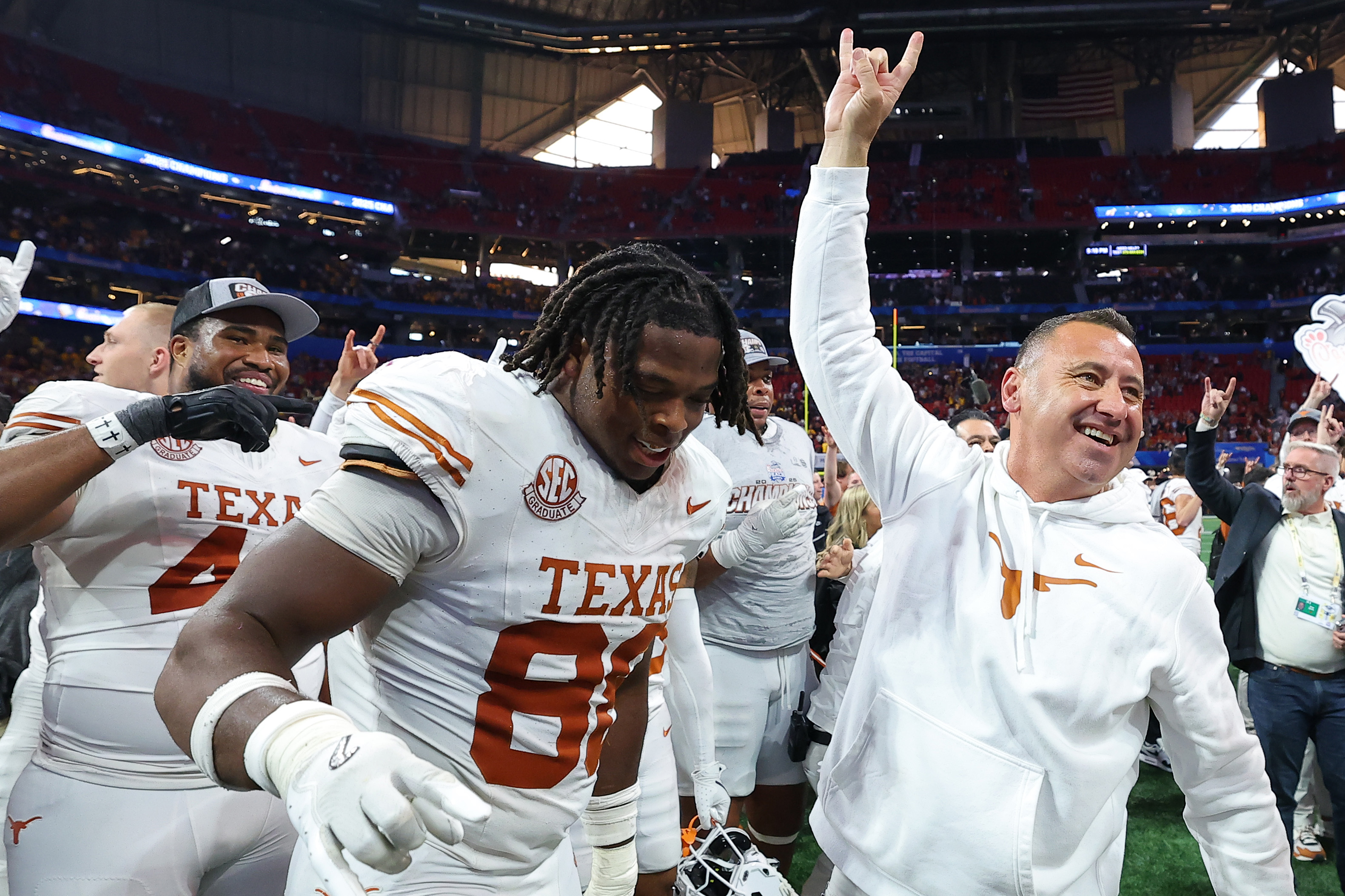
Gary Gaines, the inspiration behind the 2004 movie “Friday Night Lights,” died on Monday in Lubbock, Texas. He was 73 years old.
Gaines was a mainstay of high school football, building a championship legacy throughout West Texas. He gained national attention in the late 1980s as his story was eventually popularized into a book, movie and TV show.
Here’s a look back on Gaines' career and his portrayal in the media.
Gaines was portrayed by Billy Bob Thornton in the 2004 movie adaptation
Get top local stories in DFW delivered to you every morning. >Sign up for NBC DFW's News Headlines newsletter.
Over a decade after the book initially hit the shelves, Peter Berg adapted the story into a movie following Gaines, portrayed by Billy Bob Thornton, as he leads his football program in rural Texas through the peaks and valleys of the season.
The film was generally well-received, earning an 82% score on Rotten Tomatoes and cementing its status among the premier sports movies.
Berg later adapted the story into a critically acclaimed five-season show starring Kyle Chandler and Connie Britton. Britton previously played Gaines’ wife, Sharon, in the 2004 movie.
Sports Connection
Connecting you to your favorite North Texas sports teams as well as sports news around the globe.
While the show borrowed from many of the themes in the book and movie, it focuses less on the team itself and more generally on the social and political environment of the fictional Dillon, Texas, through the character of head coach Eric Taylor, portrayed by Chandler.
Gaines held coaching positions at 10 different schools throughout Texas
Gaines spent the first 13 seasons of his career coaching at five different high schools across West Texas. He then made the jump to the college game when he was hired as the linebackers coach at Texas Tech. He spent four seasons with the Red Raiders before returning to the high school level for the next six seasons.
He briefly returned to the collegiate level with Abilene Christian before returning to Odessa Permian -- one of those first five schools -- to close his career.
He is best known for his time at Odessa Permian
Gaines rose to notoriety in the 1990s when journalist Buzz Bissinger profiled the Odessa Permian football team’s 1988 season. Bissinger -- then writing for The Philadelphia Inquirer -- sought to capture the all-consuming and seemingly manic obsession with high school football, particularly in rural communities. He settled on Permian, a school with a rich football tradition in the heart of Texas.
Bissinger and his family moved to Odessa for the entire season, allowing him time to more intimately get to know the players, coaches, their families and how the city and team intersect. His book, titled “Friday Night Lights: A Town, a Team, and a Dream,” detailed the team’s playoff run and the eventual breakdown of relationships and opportunities as players travel conflicting and opposite directions following graduation.
Gaines served as a compassionate middleman, absorbing the tension and pressure between the town and the team. While their 1988 season ended in the semifinals, Gaines responded by coaching Permian to an undefeated season and 5A state championship the following season.
Gaines once said he regretted allowing Bissinger to feature the team
In some ways, the story that followed the 1988 season was equally filled with its own mix of heartbreak, triumph and betrayal.
While Permian went on to win a state championship, many of the players featured from the 1988 team struggled to find their footing. Those that left home, like Brian Chavez, who attended Harvard, often experienced intense culture shock. Meanwhile, star running back “Boobie” Miles suffered career-ending injuries and never returned to the field. Miles spent much of the past decade in prison and on parole.
The book also portrayed Odessa as a “doggedly conservative community” rife with “unrelenting racism.” A New York Times review, in an attempt to characterize the glorification of high school football, borrowed an analogy straight out of Bissinger’s mouth, saying the players were treated “like privileged children of royalty.” The review added a quip of its own, saying, “or what passes for royalty in Odessa.”
The overwhelming response to the book and general criticism of the Odessa community by individuals and groups across the country only increased the feeling of betrayal and deception by many of the book’s characters -- including Gaines -- toward Bissinger.
Decades after Bissinger’s year-long sabbatical in Odessa, Gaines maintained that he never read the book. The two did reunite in 2004 when Bissinger traveled to Abilene, an interaction Gaines described as “civil,” but the famed coach stood by his regret in allowing Bissinger access to his program.
Gaines was diagnosed with Alzheimers in 2017
The legendary coach was diagnosed with Alzheimers in 2017, five years after retiring as head coach at Permian. He remained involved in the program and participated in events to raise awareness about the progressive memory-loss disease.
His family announced on Tuesday that he died of Alzheimers.



